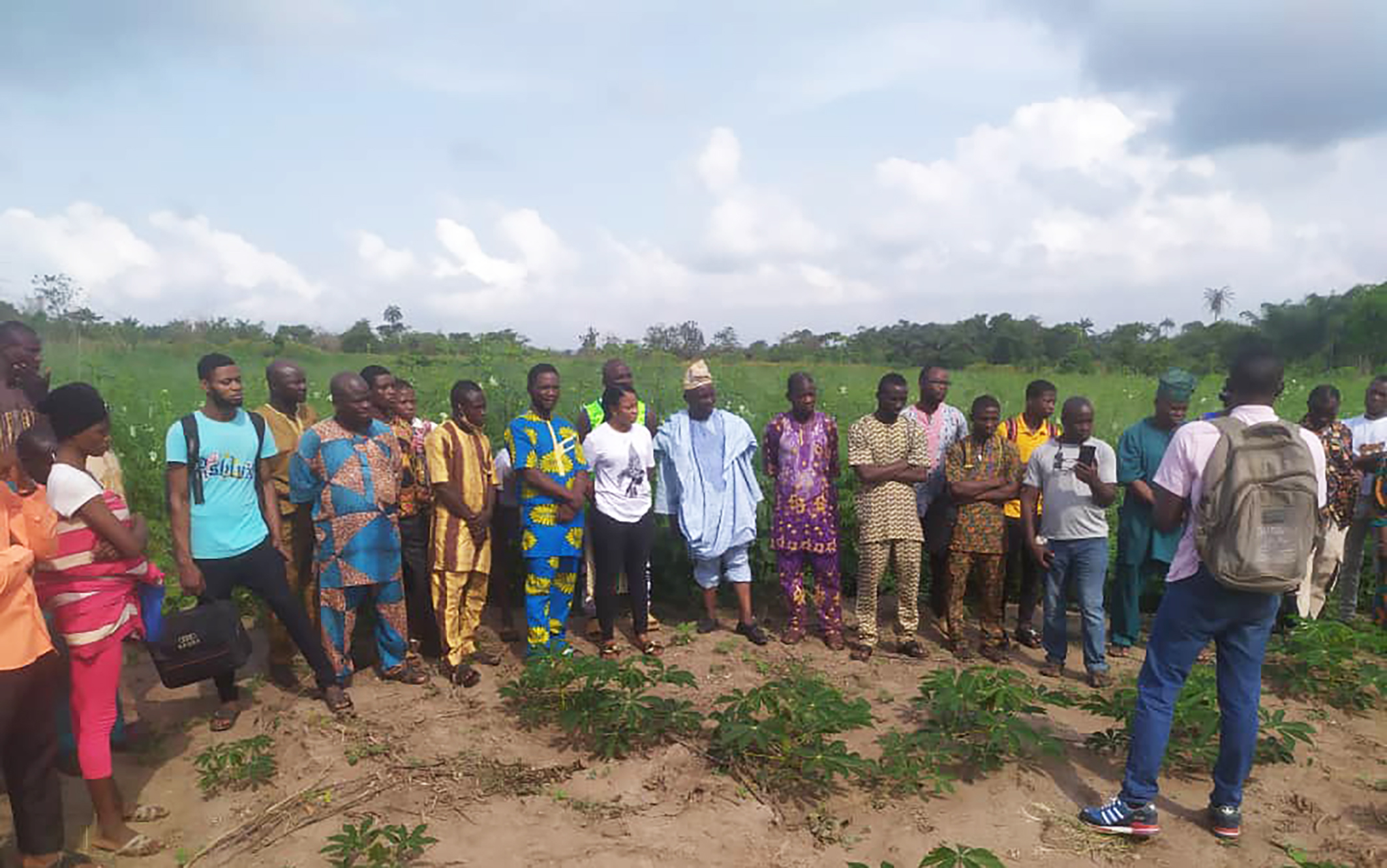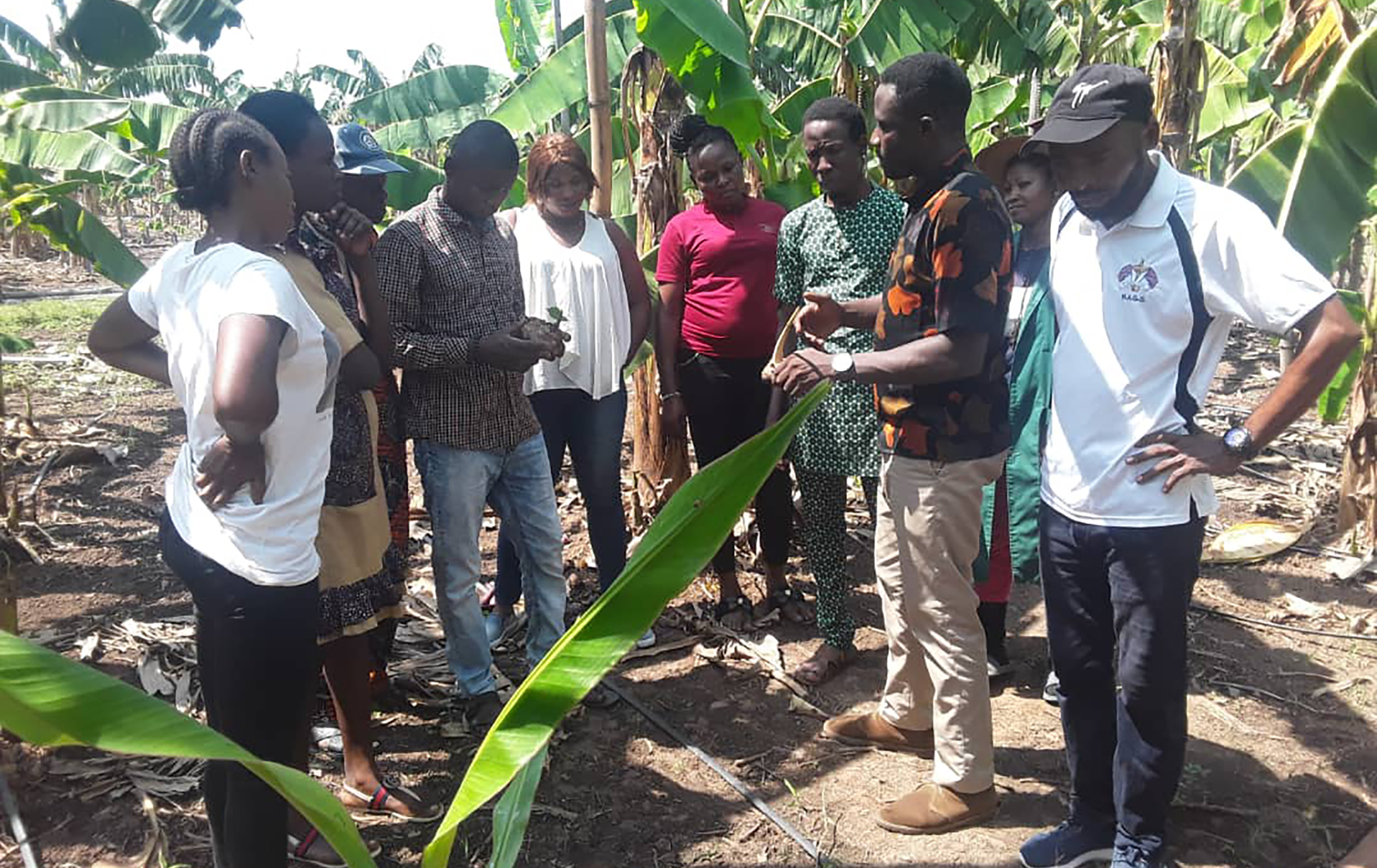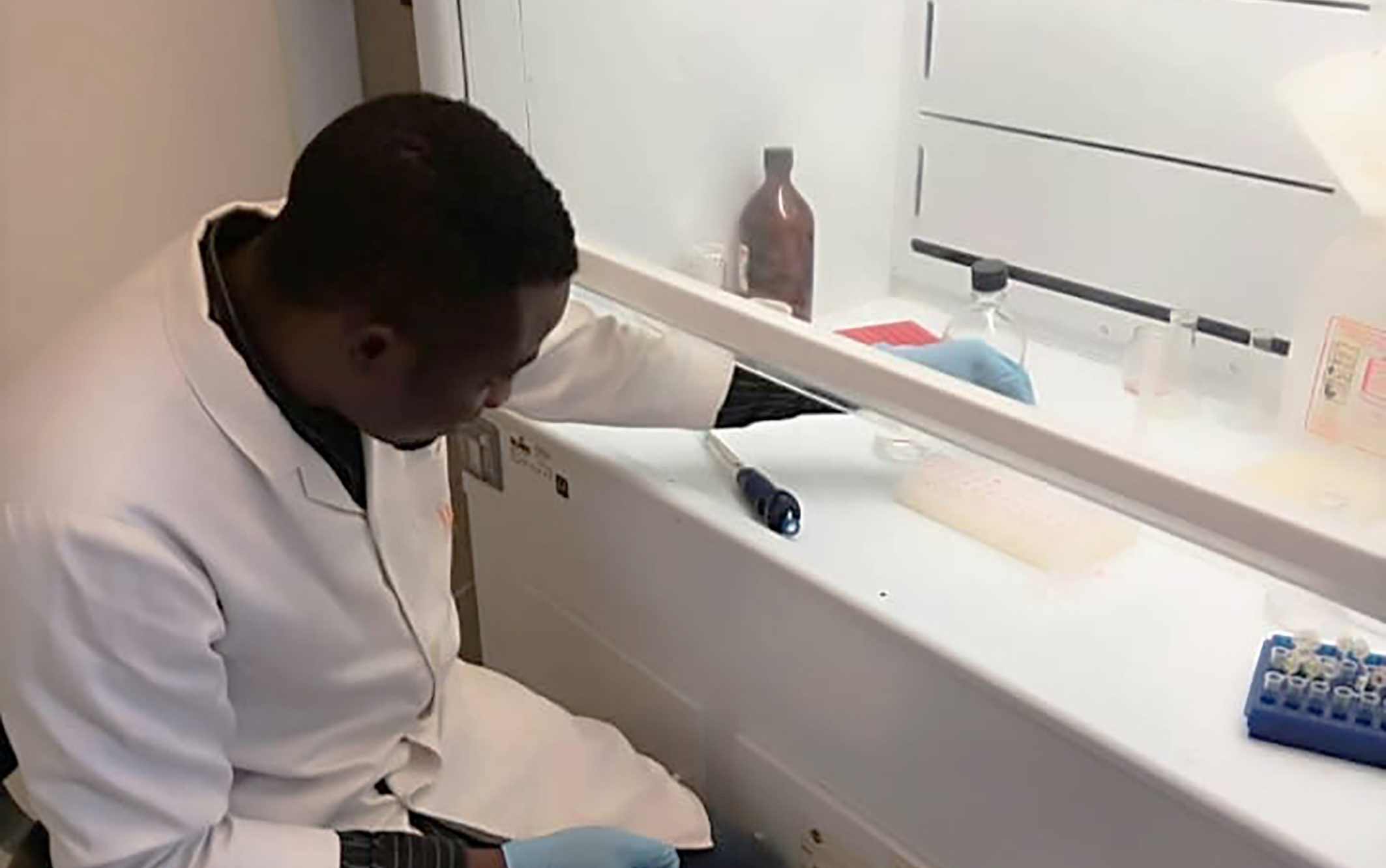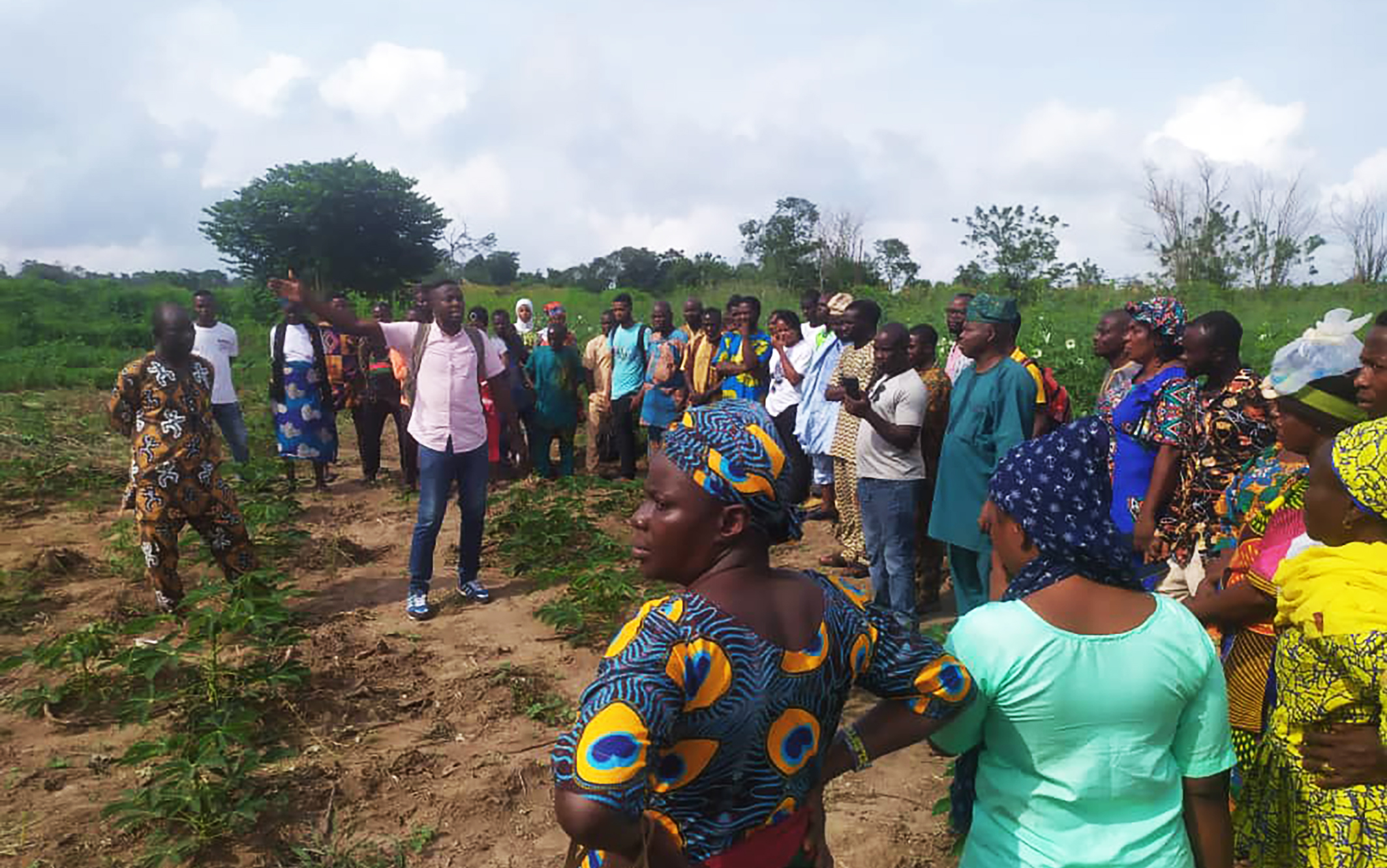“Food is a Unifying Factor”: A Spotlight on Saheed Alarape’s Work

This month, we’re excited to shine the spotlight on Saheed Alarape, a dedicated research fellow whose work is helping to tackle some of the most pressing challenges in agriculture and food security. With nearly 15 years of work experience in agronomy, plant ecology, and applied genetics, Saheed is committed to reducing poverty, hunger, and malnutrition through innovative agricultural research and strategic collaborations with stakeholders across Sub-Saharan Africa (SSA). Saheed is currently based in Nigeria, and this week, I reached out to Saheed and gained valuable insights into his career and research, which will no doubt inspire younger researchers aspiring to a similar career.
Saheed’s dedication to agricultural innovation stems from a deep love of nature and a strong sense of social responsibility to tackle disadvantage and inequality. His early observations about the unifying power of food, “irrespective of colour, age, race, or gender,” sparked a lifelong commitment to improving food security.

Recently, Saheed led a transformative training initiative in Nigeria, supported by the NSW Crawford Fund committee. This project empowered farmers, including women and youth, with macro-propagation techniques to rapidly multiply high-quality, disease-free plantain suckers. Over three months, approximately 45 farmers gained invaluable skills.
This training holds immense potential for improving food security and farmers’ livelihoods. Participants learned to build their own propagation chambers, paving the way for increased plantain and banana production. Saheed’s work is particularly crucial given that current plantain yields in Nigeria (7 hectares) lag far behind their potential (20 hectares). Notably, the FAO recognises plantain and banana as the eighth most important food crop worldwide, and the fourth most important in least developed countries, underscoring the significance of Saheed’s contributions. Saheed also recently collaborated with Cambridge University on a BioMaker project and participated in the Open Plant Forum held at Cambridge University. When asked about the challenges of his work, Saheed reinforces the importance of his work and maintaining a positive outlook. Despite systemic challenges such as unequal access to opportunities, poor governance, and widespread inequality, Saheed remains optimistic. Unfortunately, a lack of information, education, and support disproportionately affects marginalised communities in rural areas, and these issues are exacerbated by the overarching issues such as policy gaps, land degradation and climate change. The increasing population in SSA, coupled with unstable weather conditions, further compounds the challenge of achieving food security. Saheed comments that many children go to bed hungry every night. However, Saheed views these challenges as opportunities to identify key research areas. He emphasises that education, advocacy, and sensitisation are crucial for addressing climate change and effectively communicating agricultural advancements to farmers, to enact real change. Saheed’s community-minded approach shines through in his motivation to continue his work. He writes:
“I feel motivated to continue every day because I am proud to be among the people that is bringing solutions to the problem of food shortage in SSA through my research, forging an alliance with relevant stakeholders and constant advocacy.”

Outside of work, Saheed recognises the importance of self-care and hobbies. Watching animal and comic videos online helps him unwind and laugh. He also loves to read and play/watch football. While he enjoys eating Amala, a Nigerian swallow food made with yam flour, he values well-prepared and spiced food while actively avoiding food waste!

Saheed offers encouragement to those considering a career in international agriculture and development. He describes the field as novel, rewarding, and essential, directly contributing to human survival. Despite the challenges, Saheed emphasises the enduring importance of this work:
“There will always be a need for food production, strategic collaboration on policies that will drive significant changes, innovations driven by science and technology that will bring about impactful results; all these and many more are the reasons why work in the international ag and development space is so important.”


